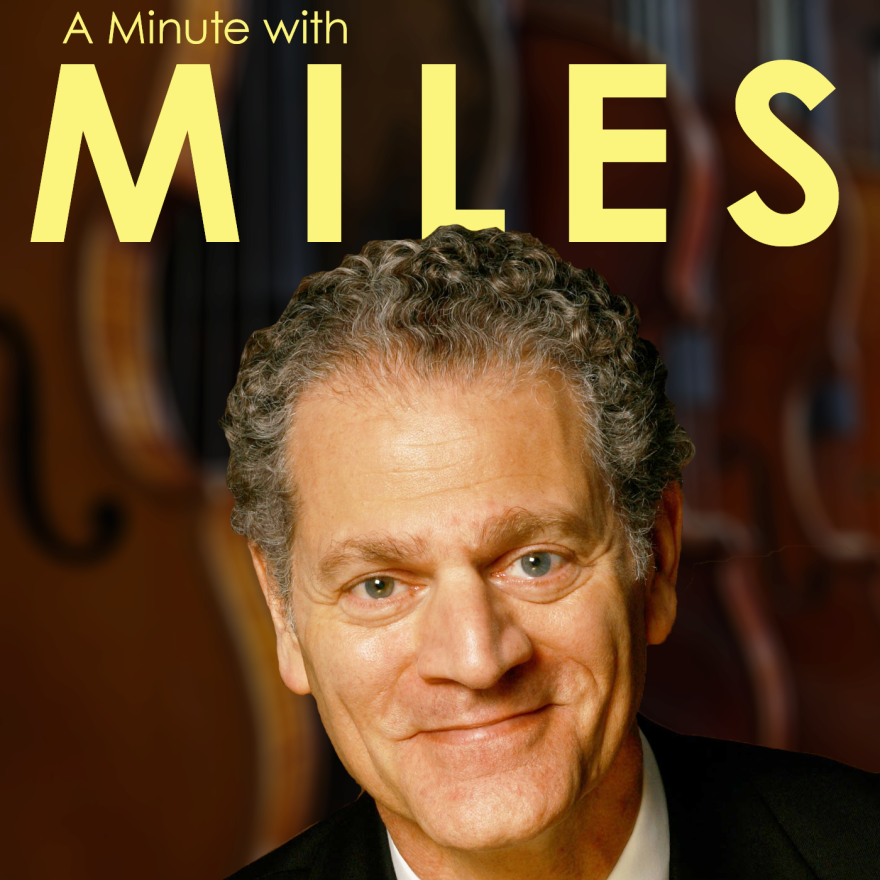By the late 1700s, the piano had replaced the harpsichord as the primary keyboard instrument for solo compositions, concertos, and chamber music. Lovers of Baroque music may not like to hear this, but for most musicians of the time—of the late 1700s, that is—this replacement represented progress. And the reason it represented progress was that the piano offered possibilities for sound production, and sound variation, that the harpsichord couldn’t match.
When you press the keys on a harpsichord, you cause strings to be plucked. But because of the nature of the mechanism, no matter how hard or softly you press the keys, the volume of the notes doesn’t change. You can’t, in other words, get gradually louder or softer as you play, and especially if you’re playing on a single keyboard, you can’t play a melody in the right hand louder than an accompaniment in the left. Music of the Classical Era and beyond would not even have been conceivable on the harpsichord.
A Minute with Miles is a production of South Carolina Public Radio, made possible by the J.M. Smith Corporation.




